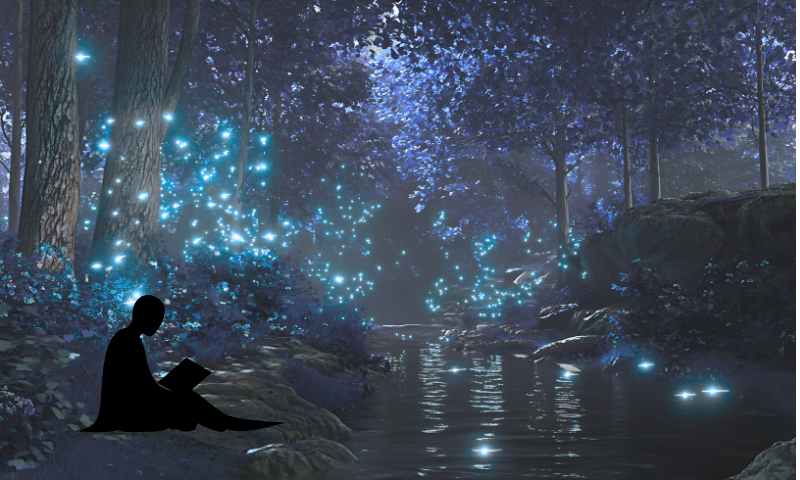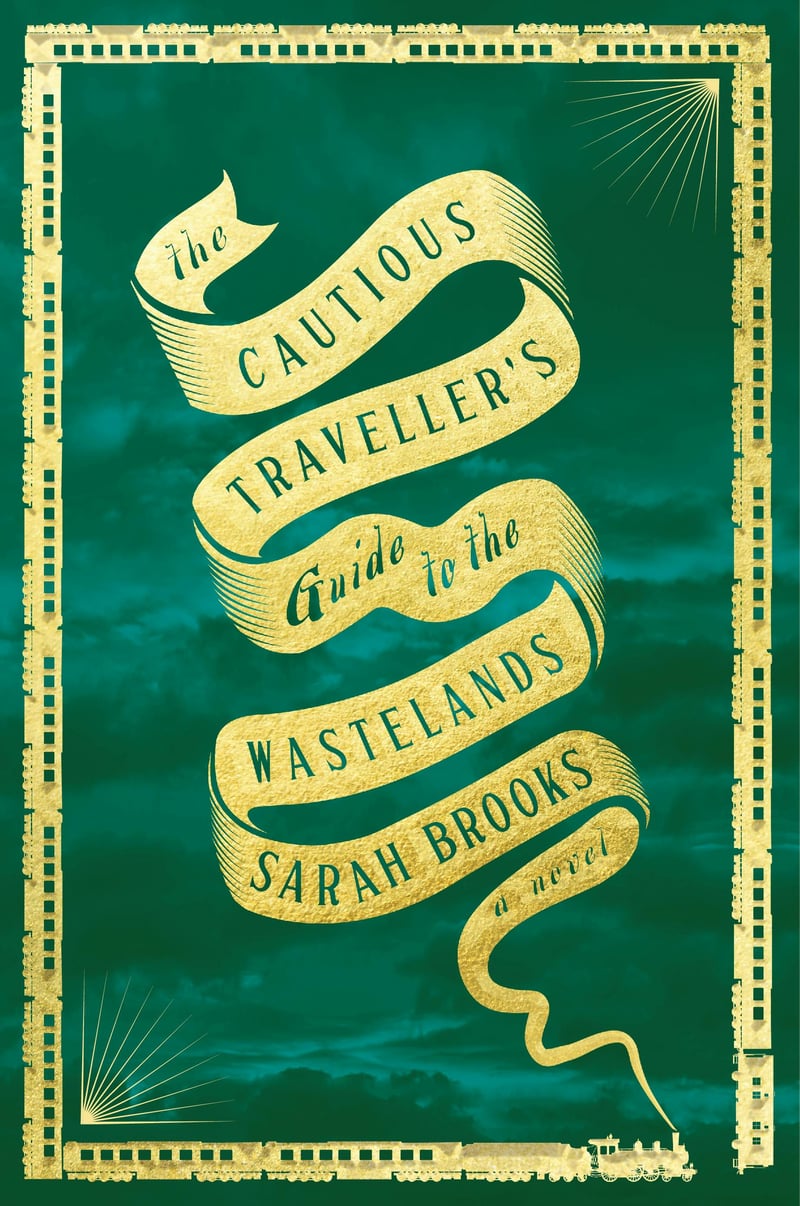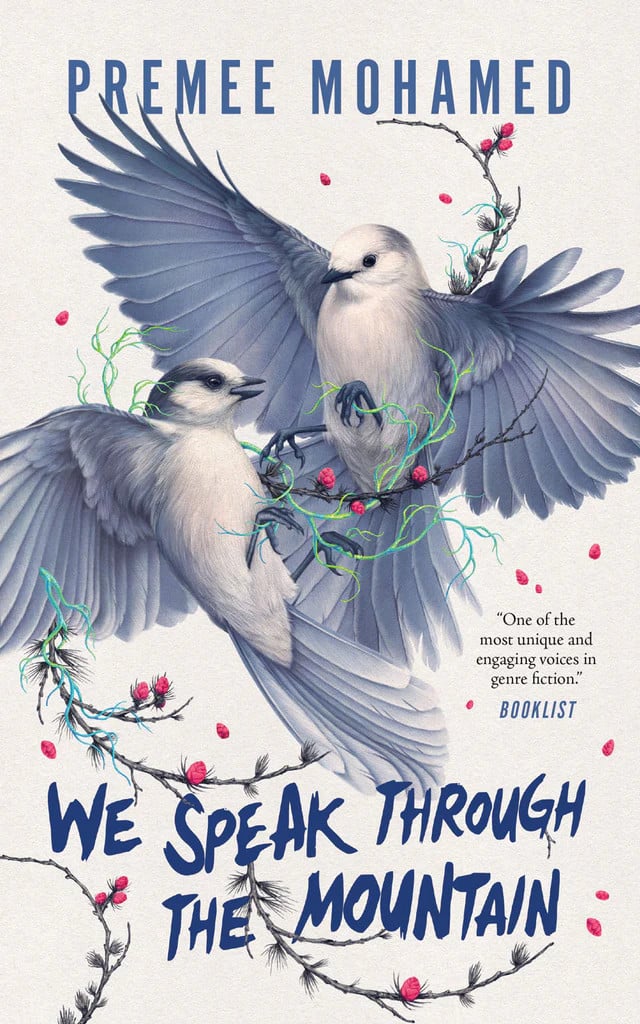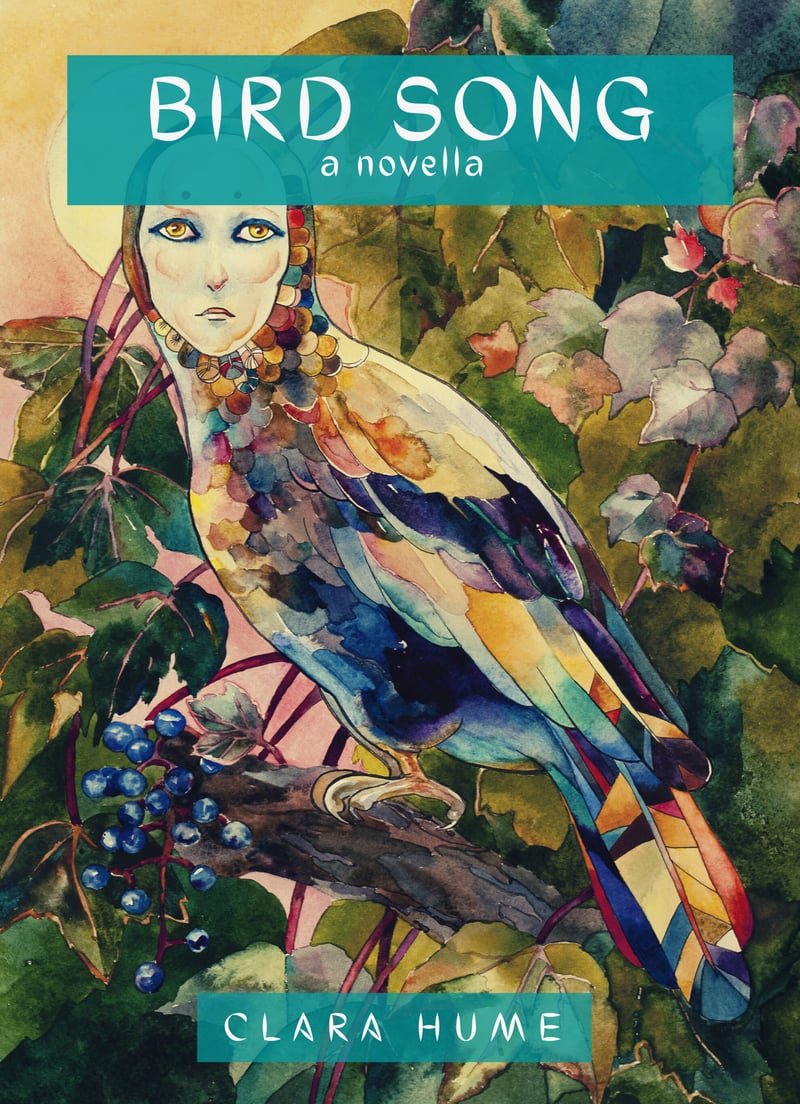
The subject of this email comes from John Denver’s “Take Me Home, Country Roads.” We used to sing a lot of old songs on the way to visit relatives in eastern Kentucky and Tennessee. We also visited Lookout Point, Ruby Falls, Rock City, and the Incline Railway, and I remember the many billboards on picturesque highways on the way to the point. Atop the point, on a clear day, you can see seven states, a magnificent view of blue-green, rolling, tree-covered hills. I also remember one day on the Blue Ridge Parkway, taking my cousin back to college after we visited her family in Chattanooga. Mom was driving, her sister (my aunt) was in the passenger seat, and a few of us kids were in the back seat, including my cousin who was older. A great fog suddenly descended while Mom navigated through the mountains, but it got so bad, none of us could see anything else in front of us or around us. Mom pulled off to the side of the highway, and we waited it out. I’ll never forget that strange but beautiful feeling of wonder as though we vanished from the world, while wispy clouds fell around us and all was hushed, even in a normally loud carload of women and girls. I’ve been to other places in western North America that had me so inspired I was just as mesmerized, but those Appalachian mountains are special, for they composed the environment from which my favorite childhood memories formed.

August’s newsletter focused a little on what home means to us, and while place is important, home also consists of people, experiences, music, food, and sometimes even possessions (I still have some paintings my grandfather framed), all of which we can re-create from the traditions of our original home, no matter how far away we go geographically. For instance, I’m hundreds of miles away from Appalachia, but right now I have garden beans drying in the bay window for shucky beans, 12 jars of southern chow-chow in the basement (made by us), 3 cords of wood stacked outside, many hikes and connections to the nature around us, and so many other traditions carried throughout the decades since young, including the get-togethers and big dinners we host that remind me of the way we did things back home. And you’re damn right that they include shucky beans and buttermilk cornbread.
World eco-fiction spotlight
This month we virtually travel a fictional trans-Siberian express from Beijing to Moscow with Sarah Brooks and her new novel The Cautious Traveller’s Guide to the Wastelands. (Flatiron Books, 2024) In tying this novel to the home theme, I’d love to bring up the idea of the “constant”, as espoused by Daniel Faraday in “Lost”. A constant is something that connects us during travels through time and space; example: the way I grow, cook, and serve shucky beans to guests in Nova Scotia nowadays is the same way my mamaw did decades ago in the Appalachian hills of eastern Kentucky. The similarity, repetition of tradition, and, well, love connects time and space.
Vividly imagined and deftly paced, The Cautious Traveller’s Guide to the Wastelands asks us to reconsider our place within the natural world amid a backdrop of capitalism and empire. Brooks has penned an elegant novel that is at once thrilling and transcendent. Also, there is a really cool train.” -Rita Chang-Eppig, author of Deep as the Sky, Red as the Sea

In novels like Sarah’s, no matter the overarching genres (eco-fiction, mystery, and fantasy), the constant is often a broader sense of natural place and how it changes. We can identify this in the real world and in imaginary wasteland worlds where memory serves us how things once were and how things are changing, becoming. I like to think that leaving home and going out into the world, perhaps even with fictional stories, expands our sense of the world and a unique perspective with which to revisualize and revitalize home.
Book of the month
Any Human Power, by Manda Scott, is refreshing and immediately immerses the reader into a fascinating story with the unique perspective of a dying woman, Lan. The novel crosses time and characters. Talk about constants and home places: Lan’s promise to her grandson and the visionary hope she instills in her ancestors comes to life after her death and propels actions for a better future in a frightening global arena.

“A taut political eco-thriller … I would recommend this to anyone who is a fan of Ursula Le Guin, speculative fiction in general or concerned about the current global situation.” -British Fantasy Society
Indie Corner
In late August, I got a chance to talk with author Premee Mohamed for the second time. This time we explored We Speak Through the Mountain (ECW Press, 2024) the sequel to The Annual Migration of Clouds. It’s another great novel giving attention to our home (oikos or oeco).

Dragonfly news
Check out Dragonfly.eco for new novels, such as Impossible Creatures by Katherine Rundell, Creation Lake by Rachel Kushner, Playground by Richard Powers, Waiting for Al Gore by Bob Katz, and Blue Lake by Jeffrey D. Boldt.

Courtesy Dragonfly Publishing Don’t forget that Clara Hume’s novella Bird Song is available for free reading at Dragonfly Publishing.
“Clara Hume’s novella Bird Song draws you into a dream-world whose chorus lures you—like the sirens themselves—into a seductive dance of paradox and choice. Taking its cue from Homer’s Odyssey, this contemporary allegorical tale follows the journey of young Thelsie—a schoolgirl in the rough poor district of east Chicago struggling with life-choices. One morning she wakes on a beach of a paradise-like magical island. Feeling safe for the first time, she meets two siren sisters who lure and crash sailing ships to save their world from corruption and despoilment by settlers wishing only to conquer Nature. When the island’s paradoxes force her to make difficult and risky choices, Thelsie finds her voice and her path in life. Bird Song teases apart the extreme voices of mono-cultural colonialism and uncompromising protectionism to find the connective tissue of compassion in the voice of mediation. A beautiful and seductive coming-of-age fairy tale of self-discovery.” -Nina Munteanu, author of A Diary in the Age of WaterThe Rewilding Our Stories Discord has some members participating in Flights of Foundry’s “Climate Solutions in Science and Fiction” talk the weekend of September 28 & 29. Check out the Events category and FoF. Also, we’re headed into the last quarter of 2024’s environmental reading challenge in the book club. It’s never to late to join!
Resources
In case you’ve missed these exciting resources, including newest books at Dragonfly, check ‘em out!
LinkTree: Find out more about me.
Rewilding Our Stories: A Discord community where you can find resources, reading, and writing fun in fiction that relates strongly to nature and environment.
Our environmental/nature song-of-the-week playlist goes back to 2015.
Book recommendations: a growing list of recs.
Eco/climate genres: They’re all over the place, and here’s an expanding compendium.
Inspiring and informative author quotes from Dragonfly’s interviews.
List of ecologically focused games.
List of eco/climate films and documentaries.
Eco-fiction links and resources.
Book database: Database of over 1,100 book posts at Dragonfly.eco.
Turning the Tide: The Youngest Generation: Fiction aimed toward children, teens, and young adults.
Indie Corner: The occasional highlight of authors who publish independently.
Artists & Climate Change. This site is no longer being updated but still has a wealth of info. I was a core writer for their team, and I’m both honored and grateful. Look for my “Wild Authors” series there.
You just read issue #46 of Dragonfly.eco News. You can also browse the full archives of this newsletter.
